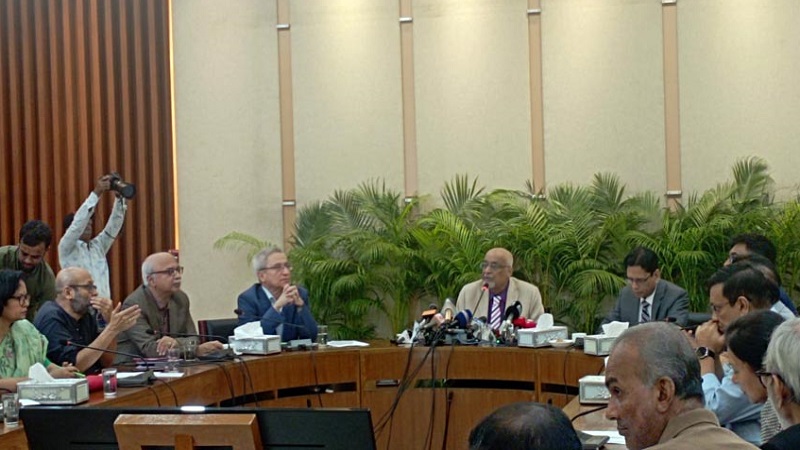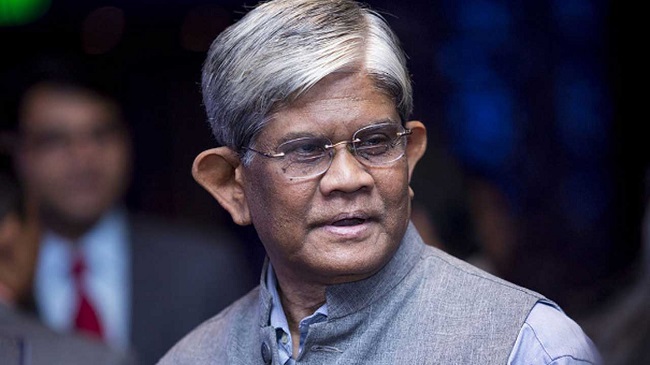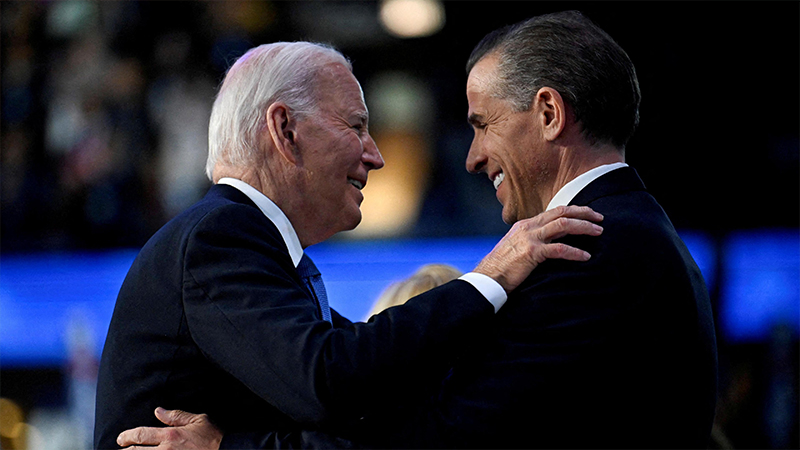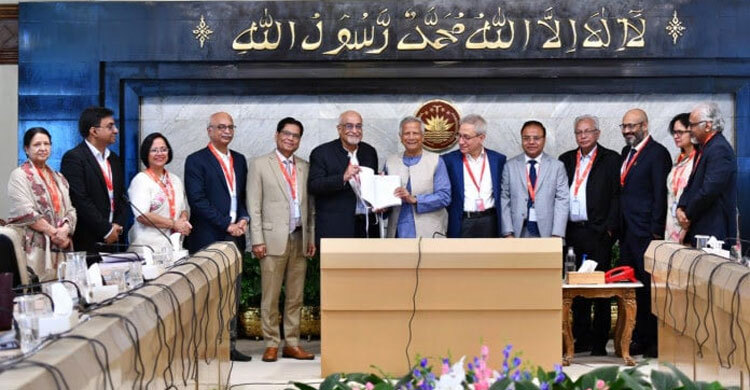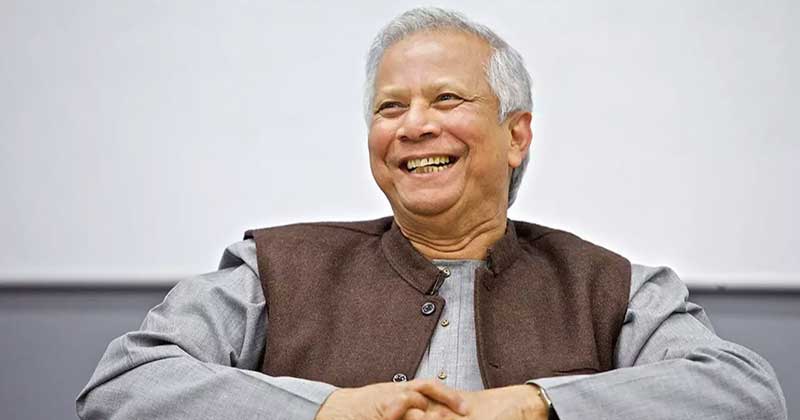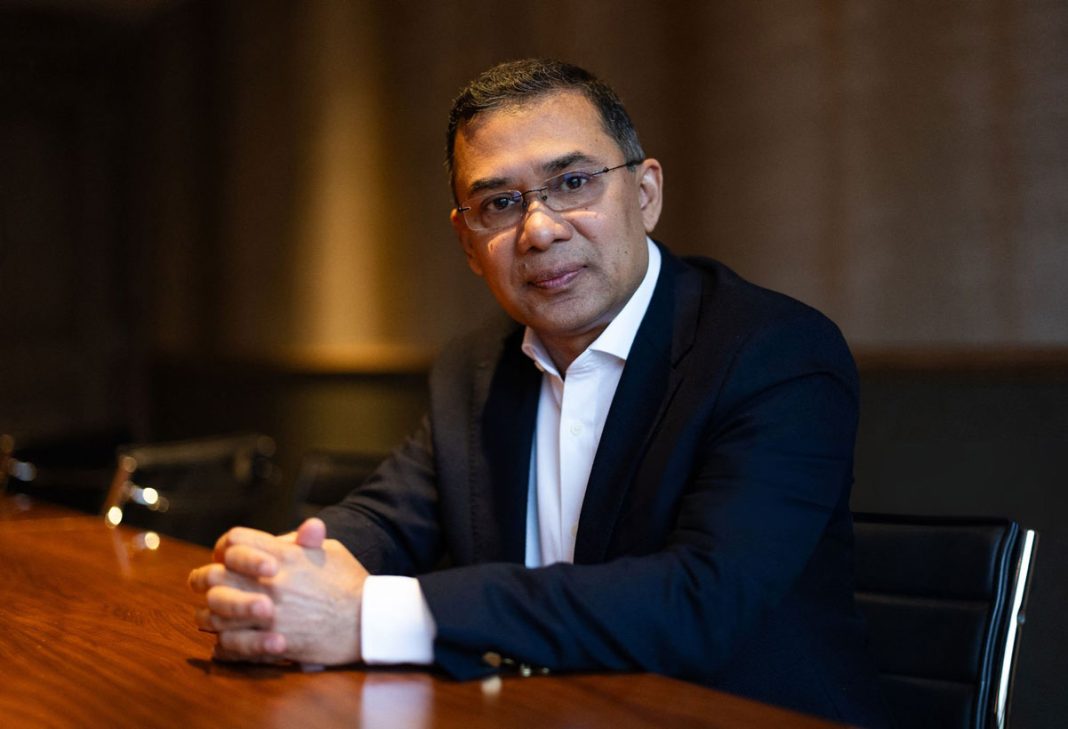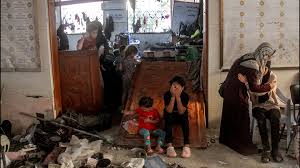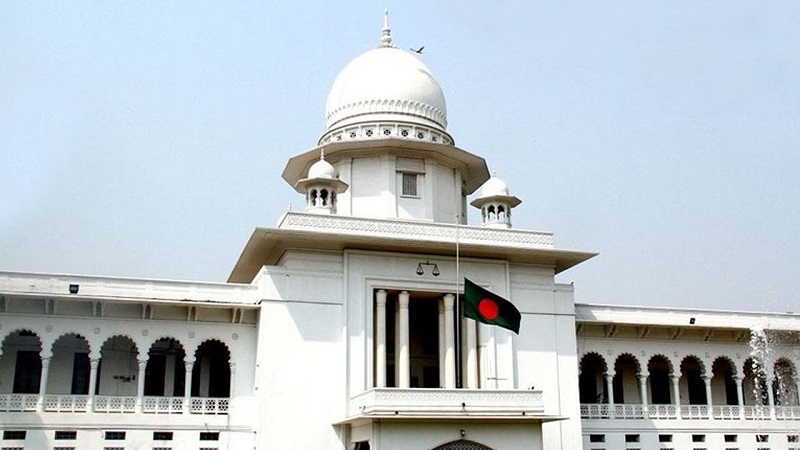In the current economic scenario, IMF clearing Bangladesh a loan of $4.7 billion, is a sigh of relief when there is a shortage of foreign exchange, and is expected to help maintain the macroeconomic stability of Bangladesh, says DCCI President Barrister Md Sameer Sattar.
"The approval of this loan on the part of IMF is a sign of Bangladesh's credit worthiness and economic strength," he added in a press release issued on Wednesday (1 February).
Barrister Sattar said that it is noticed that IMF's loan to Bangladesh is tied with some institutional and policy reform conditions.
This includes reforms in the financial sector, policy framework, energy sector, public finance, local revenue generation, and investment in climate resilience, among other things.
However, he hailed the timely decision of the IMF, as this credit facility will assist Bangladesh in facing the current economic challenges in a structured manner.
The DCCI president further stated that, as an immediate impact, the loan would stand as a relief due to the increase in our reserve.
"The loan will give the government an option to consider withdrawing some rigid import conditions, i.e., the conditions on opening LCs.
The loan will surely provide a relief to the businesses, considering the upcoming month of Ramadan and the growing need for essential commodities."
DCCI president believes that the government has, meanwhile, endorsed and implemented some of the key reforms.
For example, Barrister Sattar said that Bangladesh Bank (BB) has already taken some commendable initiatives in order to strengthen the financial sector.
"This can be seen from the recent Monetary Policy Statement (MPS), which addressed that good governance between banks and financial institutions needs to be improved.
"The MPS has also relaxed the cap of interest rate of lending and borrowing, and is gradually moving towards a market-based, flexible and unified exchange rate regime."
Recently, the new Income Tax Act has been approved (at the Cabinet level) which aims at increasing the tax net, which will mobilise domestic revenue collection. The new Income Tax Act emphasises on automation which resultantly will attract foreign investment.
Barrister Sattar further suggested that the government should take immediate steps to reduce budget deficits and increase the tax-GDP ratio to cope with the challenges in the near future.
However, there are other reforms which are being considered by the government, the Dhaka chamber president added.
Barrister Sattar said that the government should continue to uphold the spirit of good governance and try to enforce the same across all major sectors.
He urged the authorities to be mindful of any conditions of the loan so that Bangladesh can stay ahead in the performance markers set by IMF.




